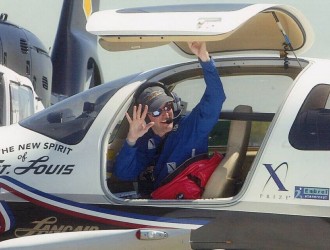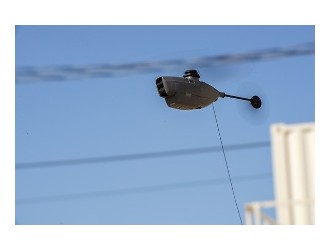Nov 09, 2016—A recent study conducted by the International Air Transport Association (IATA) and SITA predicts that the airline industry is poised to save a total of approximately $3 billion by the end of 2022 by employing ultrahigh-frequency (UHF) radio frequency identification technology to increase baggage-handling efficiency and reduce the incidence of errors. During that same span of time, RFID is expected to reduce the number of mishandled bags by 25 percent. In order for this to happen, the report notes, most of the world's airports would need to deploy the technology. However, IATA and SITA believe, such wide-scale adoption will likely happen as a result of Resolution 753, an IATA directive from the airline industry requiring every piece of luggage to be tracked across the key points in a bag's journey from origin to destination.
The savings is calculated based on the assumption that most airlines will have deployed RFID-based baggage-tracking infrastructure by 2021.
SITA, an IT company focused on the air-transport sector (including airlines and airports), teamed up with IATA this year to create a business case that it released last month. The report, titled "RFID For Baggage Tracking," calculates the potential benefits to airlines and airports of utilizing bag tags made with passive EPC Gen 2 UHF RFID inlays. The organizations found that the $3 billion savings would be achieved based on the more efficient capturing of baggage data (as opposed to requiring bar-code scans), improved luggage visibility and a gain in operational efficiency that would reduce the occurrence of misplaced bags.
Airline travel is continually rising, with about five percent more passenger trips being taken every year since 2006, reaching 3.55 billion passenger flights worldwide in 2015. Currently, passengers check approximately 3 billion bags annually as they fly with airlines throughout the world.
To improve baggage-handling efficiency and accuracy, IATA issued Resolution 753, to be implemented by June 2018. This resolution requires that airlines identify every bag as it passes through points of transfer or routing, undergoes security screening and is loaded onto an airplane, as well as unloaded and received by the customer.
To improve baggage handling in anticipation of Resolution 753, several airlines have launched UHF RFID baggage-tracking deployments or pilot. This includes Delta Air Lines, which has undertaken one of the largest baggage-tracking rollouts of RFID technology (see Delta Gives Green Light to RFID Baggage Tracking). The airline will invest $50 million to deploy the technology at 344 airports, according to Peter Drummond, SITA's head of baggage, and that initiative is piquing the interest of other airlines as well. "We may be at a tipping point in the [RFID] adoption," he says.
Delta did not respond to RFID Journal's requests for comment. On its website, however, the company says it began globally deploying RFID-embedded baggage tags this year, and indicated last month that it "has RFID hands-free scanning technology up and running at 25 stations with more stations coming online in the coming months, totaling 84. These airports account for more than 85 percent of the bags flying Delta."





